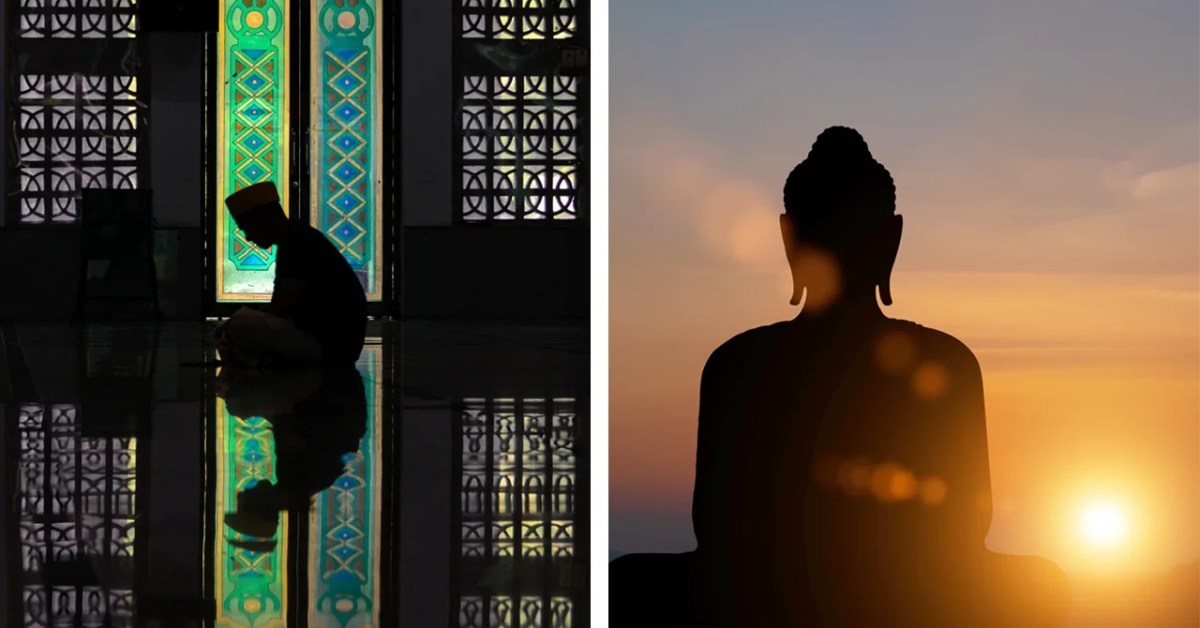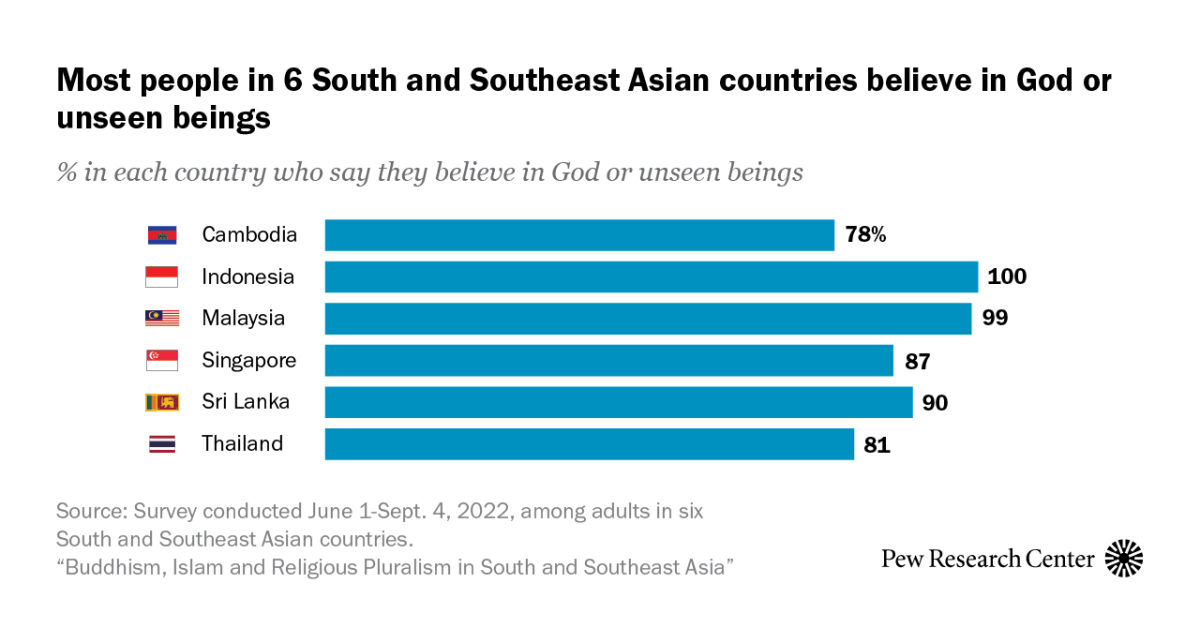Indos
PDF THINK TANK: ANALYST

- Joined
- Jul 25, 2013
- Messages
- 23,455
- Reaction score
- 24
- Country
- Location
Indonesians overwhelmingly prefer democracy over strong leader: Pew survey
Updated
36 Mins Ago
BANGKOK – When asked to choose between democracy and a strong leader, Indonesians overwhelmingly chose the former, according to a report by Pew Research Centre released on Tuesday.
The survey of more than 13,000 adults across Cambodia, Indonesia, Malaysia, Singapore, Sri Lanka and Thailand asked respondents to choose between a “democratic form of government” or a “leader with a strong hand” to solve their country’s problems.
While half or more of respondents from Sri Lanka, Malaysia and Singapore would rather rely on a strong leader, 85 per cent of Indonesian respondents said they would opt for a democratic form of government.
In Thailand, the margin between the two contrasting positions was narrower – 53 per cent chose democracy and 45 per cent preferred a strong leader.
Adults with more education were more likely to opt for democracy over a strong leader, the survey found.

Singaporeans were also noticeably less inclined to publicly criticise their government.
While substantial majorities in Indonesia (75 per cent), Sri Lanka (71 per cent), Thailand (69 per cent) and Malaysia (63 per cent) endorsed the idea of people publicly criticising government actions they disagreed with, just 55 per cent of surveyed Singaporeans agreed.

In fact, 41 per cent in Singapore said such dissent should not be able to be aired in public.
Singaporean Christians and those with no religion were more likely to support being able to publicly criticise actions of the government, while those of traditional Chinese religions were least supportive.
Meanwhile, at least half of those surveyed in Cambodia, Indonesia, Singapore, Malaysia and Indonesia agreed with the position that “harmony with others is more important than the right to speak one’s opinion”.
The sole exception was Thailand, where only 39 per cent of respondents supported the idea.



 www.straitstimes.com
www.straitstimes.com
Updated
36 Mins Ago
BANGKOK – When asked to choose between democracy and a strong leader, Indonesians overwhelmingly chose the former, according to a report by Pew Research Centre released on Tuesday.
The survey of more than 13,000 adults across Cambodia, Indonesia, Malaysia, Singapore, Sri Lanka and Thailand asked respondents to choose between a “democratic form of government” or a “leader with a strong hand” to solve their country’s problems.
While half or more of respondents from Sri Lanka, Malaysia and Singapore would rather rely on a strong leader, 85 per cent of Indonesian respondents said they would opt for a democratic form of government.
In Thailand, the margin between the two contrasting positions was narrower – 53 per cent chose democracy and 45 per cent preferred a strong leader.
Adults with more education were more likely to opt for democracy over a strong leader, the survey found.
Singaporeans were also noticeably less inclined to publicly criticise their government.
While substantial majorities in Indonesia (75 per cent), Sri Lanka (71 per cent), Thailand (69 per cent) and Malaysia (63 per cent) endorsed the idea of people publicly criticising government actions they disagreed with, just 55 per cent of surveyed Singaporeans agreed.
In fact, 41 per cent in Singapore said such dissent should not be able to be aired in public.
Singaporean Christians and those with no religion were more likely to support being able to publicly criticise actions of the government, while those of traditional Chinese religions were least supportive.
Meanwhile, at least half of those surveyed in Cambodia, Indonesia, Singapore, Malaysia and Indonesia agreed with the position that “harmony with others is more important than the right to speak one’s opinion”.
The sole exception was Thailand, where only 39 per cent of respondents supported the idea.
Indonesians overwhelmingly prefer democracy over strong leader: Pew survey
Singaporeans were less inclined to publicly criticise their government than most other Asian countries surveyed. Read more at straitstimes.com. Read more at straitstimes.com.



